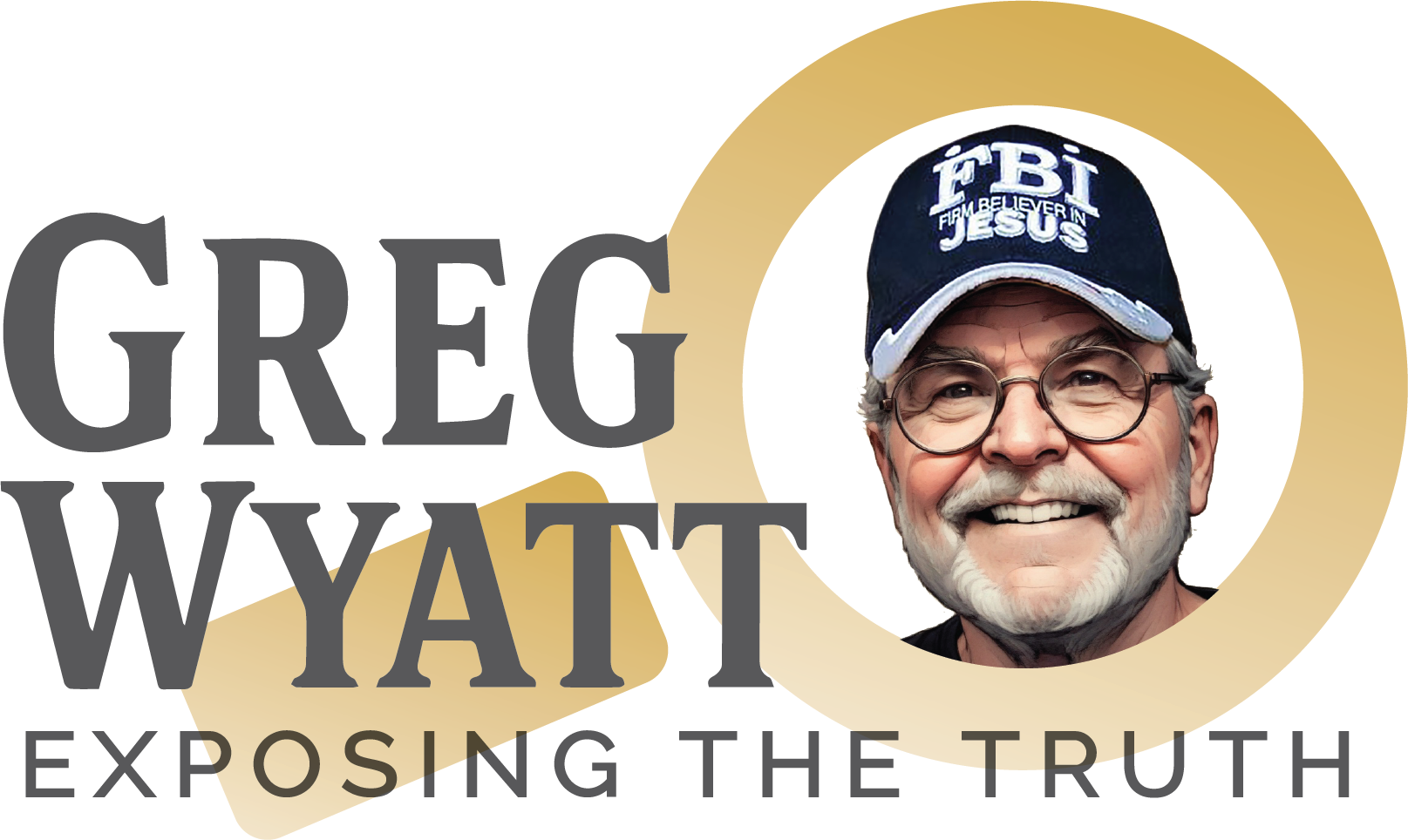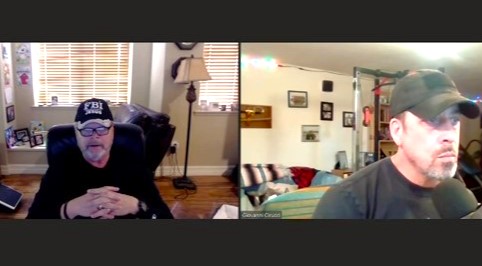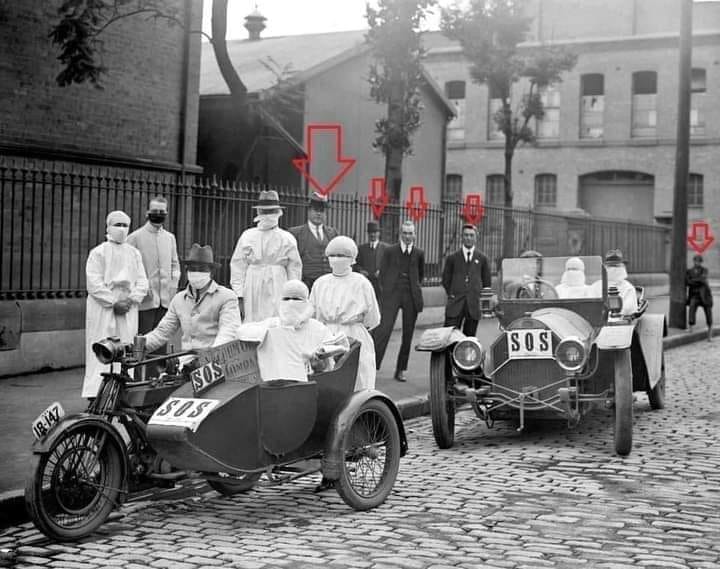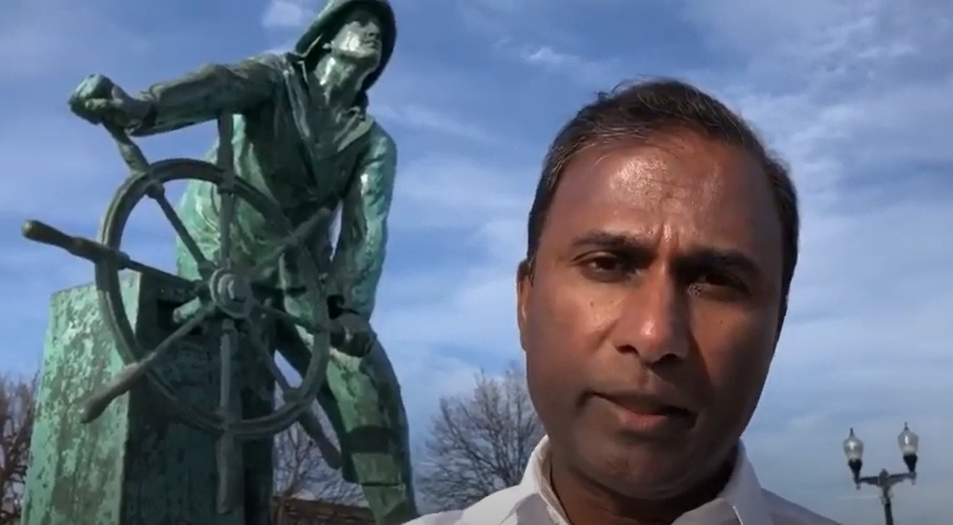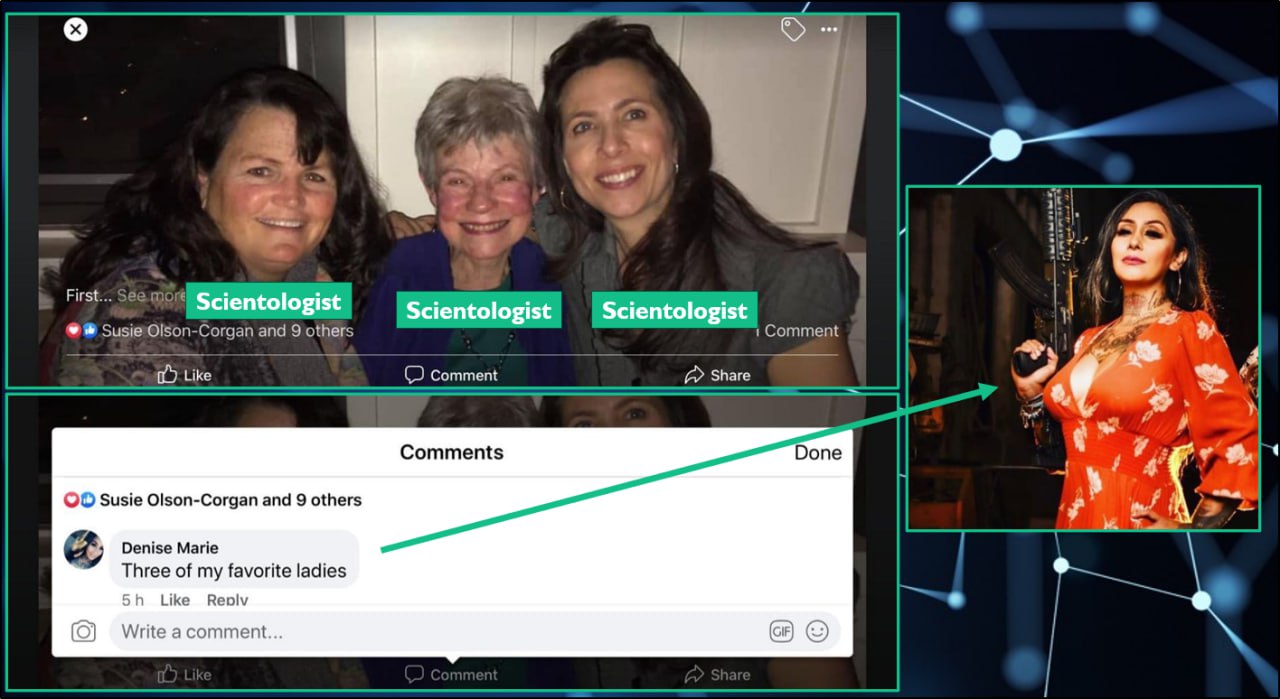
People who have been duped by an organization or charity often struggle to acknowledge it due to several psychological and social factors:
1. **Cognitive Dissonance**:
Admitting they were deceived creates a conflict between their beliefs and reality. To reduce this discomfort, they might rationalize their decision or continue supporting the organization.
2. **Sunk Cost Fallacy**:
People feel compelled to justify their past investments (time, money, effort) by continuing to support the organization rather than accepting the loss.
3. **Identity and Ego Protection**:
Acknowledging they were duped can feel like a personal failure, challenging their self-image and leading to feelings of embarrassment or shame.
4. **Social Pressure**:
If they are part of a community that supports the organization, admitting they were deceived can lead to social isolation or backlash.
5. **Hope and Optimism**:
People often cling to the hope that their trust was not misplaced and that the organization will eventually deliver on its promises.
6. **Misinformation and Denial**:
They might lack access to accurate information or be in denial about reality due to a continuous stream of misleading information from the organization.



